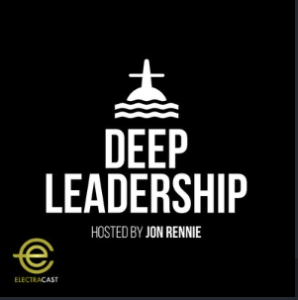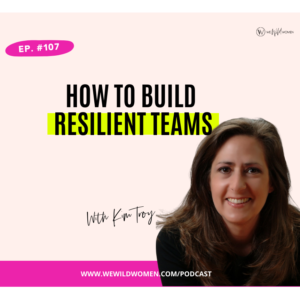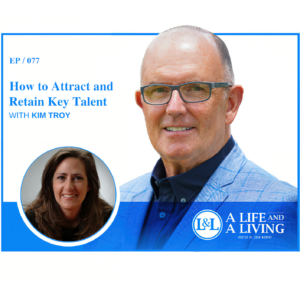It’s no secret that the more successful your business, the more relationships you have. And after a certain point, it becomes very difficult to maintain these relationships. There aren’t enough hours in the day for you to stay in personal contact with hundreds or thousands of people. Fortunately, you can leverage advances in technology to help handle certain aspects of business relationship management, especially B2B sales relationships. What’s more—you can hire someone to do it for you.
Read on and you’ll see that outsourcing your business relationships is not quite as inhuman as you might think.
The stages of a relationship
Every single person we interact with in business is involved in a relationship with us to some degree. Psychologist George Levinger suggests that every relationship has five stages:
- Acquaintance: The “hello, how are you?” phase. It’s where a relationship begins, sometimes because we’re introduced by a mutual friend or in-common associate, or sometimes by physical proximity (for example, a new office opens across the street). Or maybe it’s simply a cold call or a message received from a website.
- Buildup: This is the stage in which two parties start building trust and concern for one another. This stage requires compatibility, common backgrounds, and/or common goals. In a personal relationship, this is the “falling in love” phase. In B2B sales, it’s where you start thinking, “There’s something here—we have a lot to offer each other.” Nothing good happens, in either personal or business relationships, until you get to this stage.
- Continuation: This is the goal. In a personal relationship, this is where you get married and commit to staying married. In business, it’s where mutual trust ensures that both you and your customer, vendor, or employee are benefiting from the relationship, and if so, the relationship is sustained for a long period of time.
- Deterioration: In personal and business relationships, we hope to avoid this stage—but it happens sometimes, due to dissatisfaction, boredom, or resentment. We communicate less, and trust erodes.
- Ending: Just what the name implies—the relationship comes to an end. In a personal relationship, this is a breakup or a divorce. In business, it’s a little different: for example, a customer may have to cancel your service for any number of reasons, but that doesn’t mean you will never have contact with them again. A relationship can still exist, with the possibility that you can nurture it back to life over time.
How outsourced relationship building works
While the stages of a relationship are easily defined, it can be difficult to determine which actions should be taken in which stages in order to advance the relationship. The typical executive at a large company, for example, doesn’t have enough time or attention to devote to the relationship that’s required during the acquaintance and buildup stages.
This is where professional, outsourced relationship building comes in.
It’s possible to initiate and maintain relationships in a genuine way, thanks to advances in technology. The “shielded identity” afforded by being able to communicate from behind your computer screen allows others to transmit your thoughts and ideas on your behalf. What’s more, “asynchronous interaction” makes it possible to have a conversation that doesn’t take place in real time. You interact to build those important business relationships, but you’re not the one pushing the buttons to make it happen. Whether it’s via e-mail, LinkedIn, or some other digital channel, it’s still you communicating, but somebody else is doing the legwork.
Relationship building comes in handy in the continuation stage, too: It’s easy to send little “hello, how-are-you-doing messages” every so often, reminding people that you care and you’re interested in them.
Relationship-based purchasing
People want to buy from people they know. The trend in relationship-based purchasing is on the rise, especially among affluent consumers. The bigger the ticket on the item, the higher the demand is for intimacy between buyer and seller. And besides, you never know where business relationships are going to lead. Nurturing the relationship after the sale has been made could lead to other business for you, or to important mentor/mentee relationships. After you’ve invested time and money in developing a relationship, it doesn’t have to deteriorate and end.
In the choppy waters of business relationships, outsourcing can be a lifesaver. If you think you could use some help in the critical areas of your business relationship management, give us a call.










